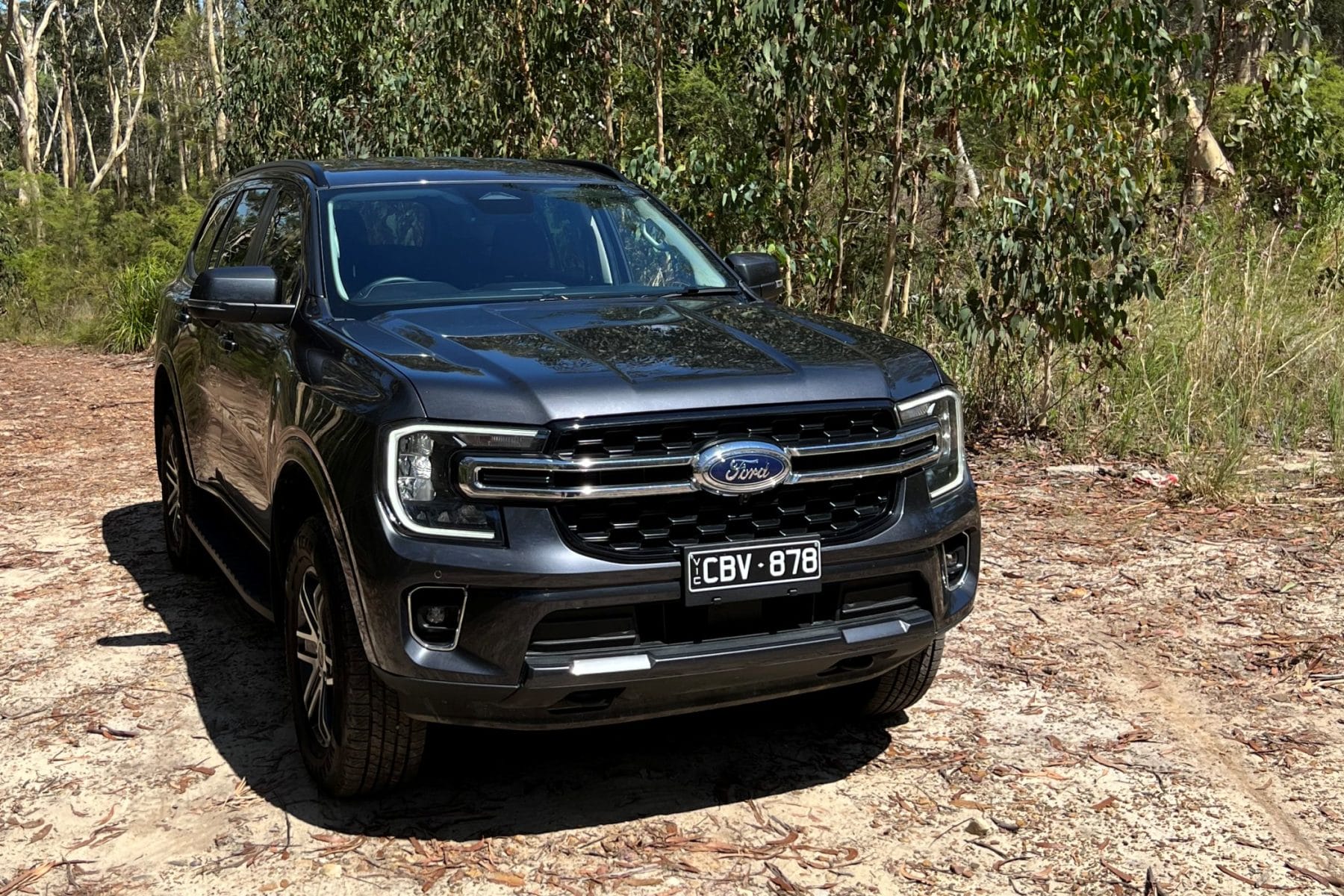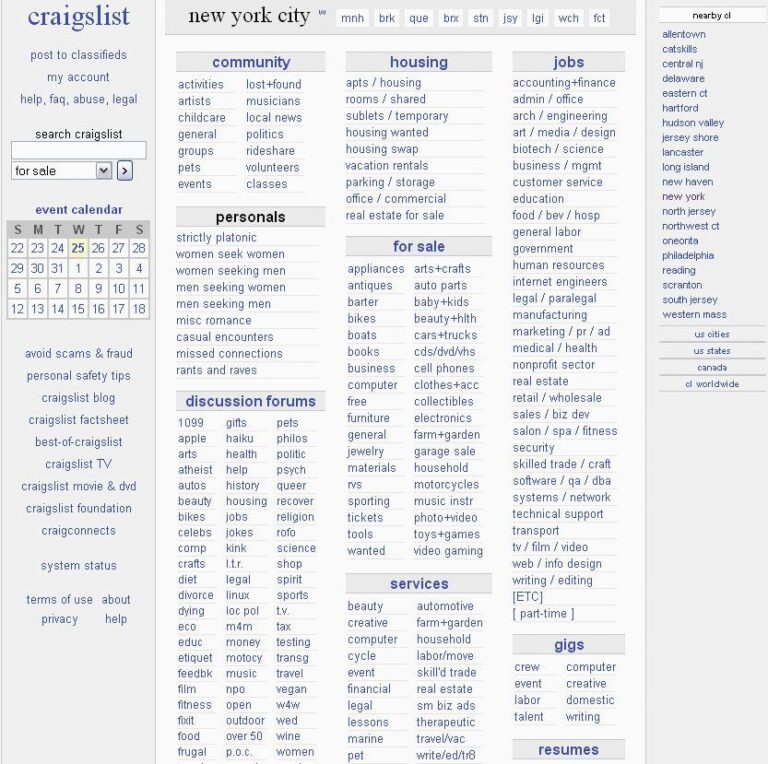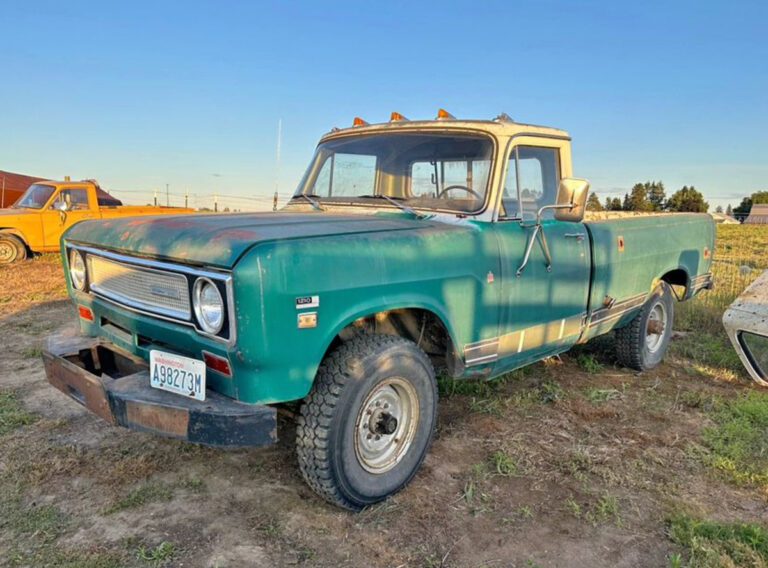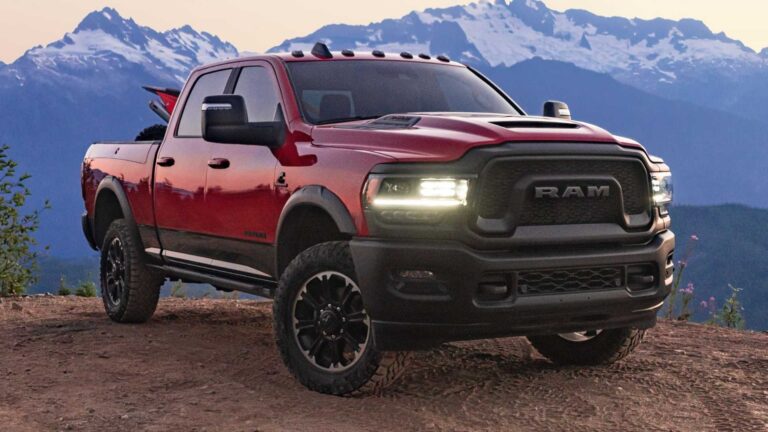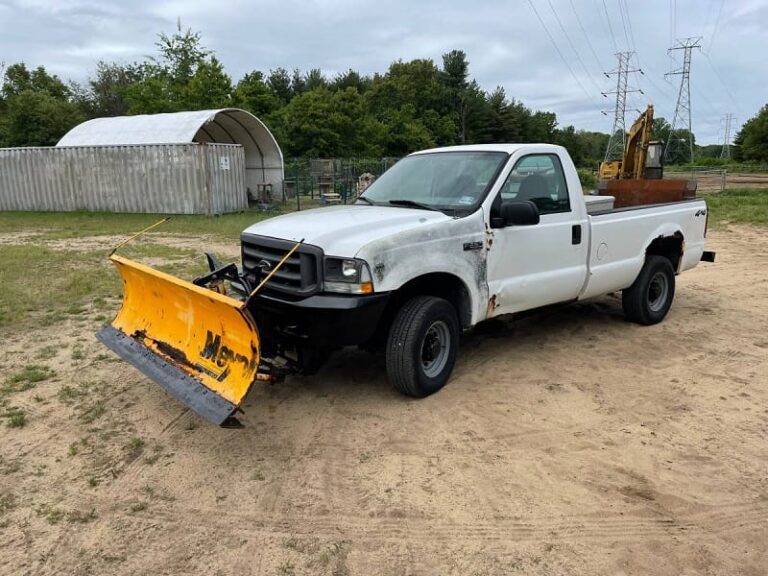Ford CNG Trucks For Sale: A Comprehensive Guide to Sustainable and Cost-Effective Fleet Solutions
Ford CNG Trucks For Sale: A Comprehensive Guide to Sustainable and Cost-Effective Fleet Solutions cars.truckstrend.com
In an era increasingly focused on environmental responsibility and operational efficiency, the automotive industry has witnessed a significant shift towards alternative fuels. Among these, Compressed Natural Gas (CNG) stands out as a compelling option, offering a cleaner, more affordable, and domestically sourced energy solution. For businesses and individuals looking to reduce their carbon footprint and fuel costs, Ford CNG trucks for sale represent a powerful and practical choice.
This comprehensive guide delves into everything you need to know about Ford CNG trucks, from their underlying technology and numerous benefits to where to find them, how to maintain them, and what to consider before making a purchase. Whether you’re a fleet manager, a small business owner, or an environmentally conscious individual, understanding the ins and outs of Ford CNG trucks is key to making an informed decision.
Ford CNG Trucks For Sale: A Comprehensive Guide to Sustainable and Cost-Effective Fleet Solutions
Understanding CNG Technology in Ford Trucks
At its core, a Ford CNG truck operates much like its gasoline counterpart but utilizes natural gas as its primary fuel. Natural gas, composed mainly of methane, is compressed to less than 1% of its standard volume to create CNG, allowing it to be stored efficiently in high-pressure tanks.
Ford offers CNG-capable vehicles, meaning their engines are built with hardened valves and valve seats, and specific engine calibration to handle the unique properties of natural gas. This allows for either a "dedicated" CNG system, where the vehicle runs solely on natural gas, or a "bi-fuel" system, which allows the vehicle to seamlessly switch between CNG and gasoline.
The conversion process, whether performed by Ford-approved upfitters or reputable aftermarket specialists, involves installing:
- High-pressure CNG tanks: Typically mounted in the bed or under the chassis, designed to safely store the compressed gas.
- Fuel lines: Reinforced lines to transport CNG from the tanks to the engine.
- Pressure regulators: To reduce the high pressure of the stored gas to a usable level for the engine.
- Fuel injectors: Specific injectors designed for natural gas.
- Engine control unit (ECU) modifications: To optimize engine performance and emissions for CNG.
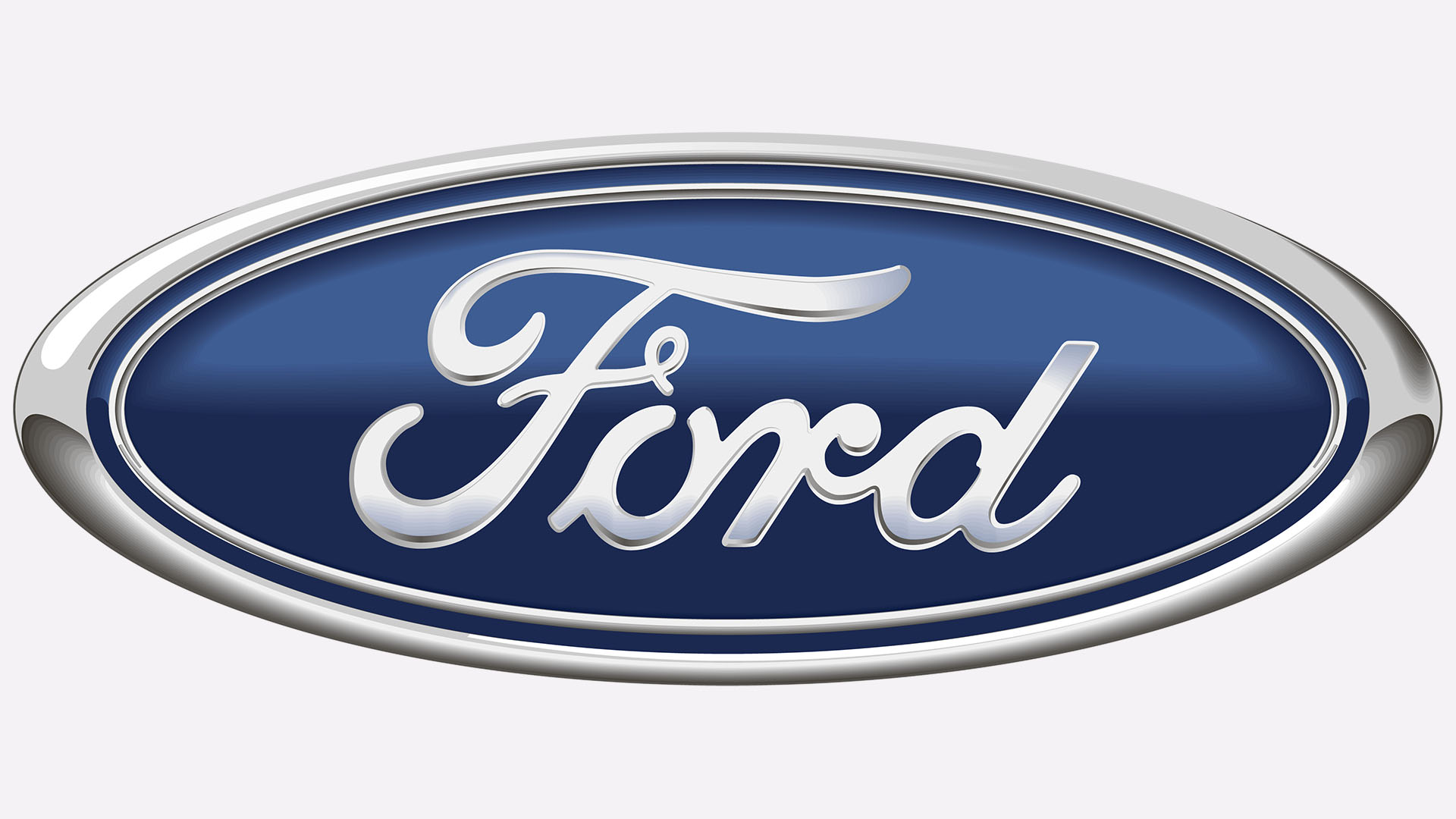
This robust engineering ensures that Ford CNG trucks maintain the power, torque, and reliability expected from the brand, while offering the benefits of an alternative fuel.
Why Choose a Ford CNG Truck? Benefits Unveiled

The decision to invest in a Ford CNG truck comes with a host of compelling advantages, making them an attractive option for a wide range of applications.
Environmental Advantages
One of the most significant draws of CNG is its environmental impact. Compared to gasoline or diesel, natural gas combustion produces:
- Lower greenhouse gas emissions: Up to 25% less CO2.
- Reduced smog-forming emissions: Significantly lower levels of nitrogen oxides (NOx) and non-methane hydrocarbons.
- Near-zero particulate matter (soot): Contributing to cleaner air, especially in urban areas.
These benefits help companies meet sustainability goals and comply with increasingly stringent environmental regulations.

Economic Benefits
The economic case for CNG is often the primary driver for adoption:
- Lower Fuel Costs: Historically, CNG prices have been significantly lower and more stable than gasoline or diesel, leading to substantial savings over the life of the vehicle, especially for high-mileage fleets.
- Domestic Fuel Source: Natural gas is abundant in North America, reducing reliance on foreign oil and contributing to national energy security.
- Tax Incentives and Rebates: Many federal, state, and local governments offer tax credits, grants, or rebates for purchasing and operating natural gas vehicles and building CNG fueling infrastructure. These incentives can significantly offset the initial higher cost of CNG vehicles.
- Reduced Maintenance Costs: CNG burns cleaner, leading to less engine wear and potentially longer oil change intervals, though specific CNG system components require their own maintenance schedule.
Performance and Reliability
Ford trucks are renowned for their durability and performance, and the CNG versions are no exception. The engines are engineered to handle the properties of natural gas without compromising power or torque. Ford’s reputation for ruggedness ensures that these trucks can handle demanding work environments, delivering consistent performance and reliability day after day.
Types of Ford Trucks Available with CNG Options
Ford offers a variety of its popular truck and van models with CNG/Propane gaseous fuel prep packages, allowing for seamless conversion by qualified upfitters. This means you can find a Ford CNG solution for nearly any commercial or heavy-duty personal need.
- Ford F-Series (F-150, F-250, F-350, F-450, F-550): These are the most common Ford trucks available with CNG options. The gaseous fuel prep package is typically available on the 6.2L V8 and 7.3L V8 engines (depending on model year), making them ideal for a wide range of applications from construction and utility work to towing and hauling.
- Ford Transit Vans: For businesses requiring cargo or passenger transport, the Ford Transit van, often equipped with the 3.5L EcoBoost or 3.7L V6 engines, can be converted to run on CNG, offering efficient urban delivery and fleet solutions.
- Ford Commercial Chassis Cabs (F-650/F-750): For heavy-duty vocational applications like refuse collection, public works, or specialized delivery, the larger F-Series chassis cabs can also be equipped for CNG, providing powerful and sustainable options for demanding tasks.
It’s important to distinguish between "OEM-prepped" vehicles and purely "aftermarket conversions." OEM-prepped Ford vehicles come from the factory with the necessary engine components hardened and calibrated for natural gas, simplifying the upfit process and ensuring warranty compatibility. Aftermarket conversions on non-prepped vehicles are possible but may have different warranty implications and require more extensive modifications.
Finding Ford CNG Trucks For Sale: Your Buying Guide
Locating the right Ford CNG truck requires a strategic approach, whether you’re buying new or used.
Where to Look
- Authorized Ford Dealerships: Many Ford dealerships, especially those specializing in commercial vehicles, can order new trucks with the gaseous prep package and connect you with certified upfitters for the CNG system installation.
- Specialized CNG/Alternative Fuel Vehicle Dealers: Some dealerships focus specifically on selling and servicing alternative fuel vehicles, including Ford CNG trucks.
- Used Truck Markets and Online Platforms: Websites like AutoTrader, Commercial Truck Trader, and even general marketplaces like eBay Motors or Craigslist can list used Ford CNG trucks. Be sure to use specific search terms like "Ford F-250 CNG" or "Ford Transit natural gas."
- Fleet Auctions: Major fleet operators often sell their used CNG trucks through auctions. These can be good sources for well-maintained vehicles.
- CNG System Installers/Upfitters: Companies that perform CNG conversions often have vehicles for sale or can source one for you.
Key Considerations When Buying
- New vs. Used: New trucks offer the latest technology and full warranties, but come with a higher price tag. Used trucks can be significantly more affordable but require thorough inspection.
- Dedicated vs. Bi-Fuel: Consider your typical routes and fueling infrastructure availability. Bi-fuel offers range anxiety relief, while dedicated CNG maximizes fuel cost savings.
- Mileage and Condition: For used trucks, assess the overall condition, especially the CNG system components. Tanks have a lifespan (typically 15-20 years) and need periodic inspections.
- Maintenance History: A comprehensive service record is crucial, particularly for the CNG system.
- Certification and Compliance: Ensure the CNG system is certified by reputable bodies (e.g., EPA, CARB, NFPA 52).
- Warranty: Understand what components are covered by Ford’s warranty and what is covered by the CNG upfitter’s warranty.
Inspecting a CNG Truck
Beyond the standard vehicle inspection, a pre-purchase inspection by a mechanic familiar with CNG systems is highly recommended. They should check:
- CNG Tank Status: Date of manufacture, last inspection, any visible damage, and recertification requirements.
- Fuel Lines and Connections: For leaks or wear.
- Regulators and Injectors: Proper functioning.
- System Controls and Gauges: Accuracy and operation.
- Documentation: Ensure all required certifications and maintenance records for the CNG system are present.
Operating and Maintaining Your Ford CNG Truck
Owning a Ford CNG truck involves some specific operational and maintenance practices to ensure longevity and safety.
Fueling Stations
The primary challenge for some is the availability of CNG fueling stations. While the infrastructure is growing, it’s not as ubiquitous as gasoline stations.
- Planning is Key: Use online locators (e.g., U.S. Department of Energy’s Alternative Fuels Data Center) to map out available stations along your routes.
- Fleet-Specific Solutions: For large fleets, installing an on-site private fueling station can be a cost-effective solution, providing convenience and potentially even lower fuel costs.
Routine Maintenance Specific to CNG Systems
While many maintenance tasks are similar to gasoline vehicles, CNG systems have specific requirements:
- CNG Filter Changes: Filters in the fuel line need regular replacement to prevent contaminants from reaching the engine.
- Tank Inspections: High-pressure tanks require periodic visual and hydrostatic inspections (typically every 3-5 years) by certified professionals to ensure their integrity.
- Leak Checks: Regular checks for gas leaks are crucial for safety.
- System Diagnostics: Periodically check the CNG system’s diagnostic codes for any potential issues.
Safety Precautions
CNG is a safe fuel when handled correctly. It’s lighter than air, so in case of a leak, it dissipates quickly. Trucks are equipped with safety features like pressure relief devices and shut-off valves. Always follow fueling instructions and ensure any maintenance is performed by qualified technicians.
Potential Challenges and Solutions
- Higher Initial Cost: CNG trucks, especially new ones, often have a higher upfront cost due to the conversion. Solution: Leverage available tax incentives, grants, and focus on the long-term fuel savings and lower total cost of ownership (TCO).
- Limited Fueling Infrastructure: As mentioned, this can be a hurdle in some regions. Solution: Plan routes meticulously, consider bi-fuel options, or explore on-site fueling for fleets.
- Payload/Space Reduction: CNG tanks can take up bed space or add weight, slightly reducing payload capacity. Solution: Carefully assess your payload needs and choose tank configurations that minimize impact.
The Future of CNG in Commercial Fleets
The role of CNG in sustainable transportation is expanding. With continued investment in infrastructure, growing environmental awareness, and the inherent economic advantages, Ford CNG trucks are poised to play an even larger part in commercial and government fleets. They offer a proven, mature technology that bridges the gap between traditional fossil fuels and emerging zero-emission solutions, providing a practical and immediate path to cleaner operations.
Practical Advice and Actionable Insights
- Assess Your Needs: Before looking for a truck, evaluate your average daily mileage, typical routes, payload requirements, and proximity to CNG fueling stations.
- Research Incentives: Thoroughly investigate federal, state, and local incentives for alternative fuel vehicles and infrastructure in your area. These can significantly impact your total cost.
- Consult Experts: Talk to Ford commercial vehicle specialists and certified CNG upfitters. They can provide valuable insights into configurations, costs, and maintenance.
- Total Cost of Ownership (TCO): Don’t just look at the purchase price. Factor in fuel savings, potential incentives, maintenance, and resale value to get a true picture of the long-term cost.
- Test Drive: If possible, test drive a CNG-powered Ford truck to get a feel for its performance and handling.
Estimated Pricing for Ford CNG Trucks
The price of a Ford CNG truck can vary widely based on whether it’s new or used, the specific model and trim, the type of CNG system (dedicated vs. bi-fuel), the capacity of the CNG tanks, and the upfitter. Below is a general estimate:
| Category | Model/Configuration | Estimated Price Range (USD) | Notes |
|---|---|---|---|
| New Ford CNG Trucks | F-250/F-350 (OEM Prep + Upfit) | $55,000 – $75,000+ | Includes Ford’s gaseous fuel prep package from the factory and the cost of a certified CNG system installation. Price varies significantly with trim, drivetrain, and tank configuration. |
| Transit Van (OEM Prep + Upfit) | $45,000 – $65,000+ | Similar to F-Series, includes factory prep and upfit. Ideal for fleets needing cargo or passenger transport. | |
| Used Ford CNG Trucks | F-250/F-350 (2015-2018) | $25,000 – $45,000 | Prices are highly dependent on mileage, condition, specific year, and service history. Ensure CNG system is certified and tanks are within their inspection/life cycle. |
| Transit Van (2015-2018) | $20,000 – $35,000 | Similar considerations as used F-Series. | |
| Aftermarket CNG Conversion | For a gasoline-powered Ford truck | $10,000 – $15,000+ | Cost to convert an existing Ford truck (especially one with the OEM gaseous prep package). This is the cost of the kit and installation only, not including the truck itself. |
| CNG Tank Recertification | Per Tank | $200 – $500 | Required periodically (e.g., every 3-5 years or as per manufacturer’s guidelines) to ensure safety and compliance. This is an ongoing operational cost for CNG vehicles. |
Disclaimer: These prices are estimates only and can fluctuate significantly due to market conditions, regional differences, specific dealer pricing, and the exact specifications of the truck and CNG system. Always obtain detailed quotes from multiple sources.
Frequently Asked Questions (FAQ)
Q: Are Ford CNG trucks safe?
A: Yes, CNG trucks are very safe. CNG tanks are built to withstand extreme conditions, and the fuel system includes multiple safety features like pressure relief devices and automatic shut-off valves. Natural gas is also lighter than air, so it dissipates quickly if a leak occurs.
Q: What’s the range of a Ford CNG truck?
A: The range varies greatly depending on the tank size, vehicle model, and driving conditions. Bi-fuel trucks offer the flexibility of switching to gasoline if CNG isn’t available, effectively extending their range. Dedicated CNG trucks typically have a range comparable to a gasoline truck on a full tank, often 250-350 miles or more, depending on tank capacity.
Q: Can I convert my existing Ford truck to CNG?
A: Yes, many gasoline-powered Ford trucks can be converted to CNG, especially those with the factory gaseous fuel prep package. It’s crucial to use a certified and reputable upfitter to ensure safety, performance, and compliance.
Q: Is CNG widely available?
A: CNG infrastructure is growing, especially along major transportation corridors and in metropolitan areas. However, it’s not as widespread as gasoline stations. It’s essential to check the availability of fueling stations along your planned routes using resources like the U.S. Department of Energy’s Alternative Fuels Data Center.
Q: How does the performance compare to gasoline/diesel?
A: Modern CNG systems are highly optimized, and performance is generally comparable to gasoline versions in terms of horsepower and torque. Drivers typically report little to no noticeable difference in everyday driving.
Q: What’s the maintenance cost like for a Ford CNG truck?
A: While specific CNG system components (like filters and tank inspections) require specialized maintenance, CNG burns cleaner than gasoline, which can lead to extended engine life and potentially longer oil change intervals for the engine itself. Overall maintenance costs can be similar or even lower than conventional vehicles over the long term.
Q: Are there any tax credits or incentives for buying a Ford CNG truck?
A: Yes, federal, state, and local governments often offer various incentives, including tax credits, grants, and rebates for purchasing alternative fuel vehicles and building related infrastructure. These incentives vary by location and can change, so it’s vital to research current programs in your area.
Conclusion
Ford CNG trucks represent a smart, forward-thinking solution for individuals and businesses aiming to achieve both economic savings and environmental stewardship. With robust engineering, proven reliability, and the backing of Ford’s extensive commercial vehicle network, these trucks offer a compelling alternative to traditional gasoline or diesel models.
While the initial investment might be higher and fueling infrastructure requires consideration, the long-term benefits of reduced fuel costs, lower emissions, and potential incentives make Ford CNG trucks an increasingly attractive and viable option. By understanding the technology, exploring your options, and planning for operation, you can confidently invest in a Ford CNG truck for sale and drive towards a more sustainable and cost-efficient future.
